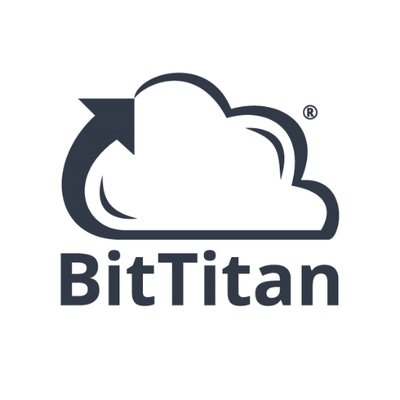Snowflake has announced the public preview of Hybrid Tables, the core feature behind the Unistore workload. Hybrid Tables combine transactional and analytical storage, allowing for fast, high-concurrency point operations within Snowflake. This new table type simplifies architectures for various use cases, such as storing app and workflow state, serving data, and building lightweight transactional applications.
Get started quickly with the syntax you know
Hybrid Tables are easy to use and manage, powered by a new storage engine integrated into Snowflake’s architecture. By using the HYBRID keyword, you can create a Hybrid Table and execute SQL queries as you would with any Snowflake table:
CREATE HYBRID TABLE Customers (
Customerkey number(38,0) PRIMARY KEY,
Customername varchar(50) UNIQUE
);
Hybrid Tables offer new capabilities for building data-intensive applications on Snowflake, such as fast point operations, row locking, constraints enforcement, indexes for fast lookups, and isolation of analytics and transactional workloads on the same data.
The integration of Hybrid Tables into Snowflake’s unified platform simplifies data governance, consistency, and querying across different table types. Customers like William Hill and MarketWise Solutions have already benefited from Hybrid Tables by simplifying ingest workflows, reducing latency, and maintaining unified governance.
What’s next?
During the public preview, Snowflake will continue to enhance performance and scale to support a broader range of use cases. Stay tuned for further updates as Hybrid Tables and Unistore expand to all Snowflake AWS regions and cloud regions.
Start building
Explore Hybrid Tables through the documentation and Quickstart guide, and discover more resources and customer stories on the Unistore page. Note that Hybrid Tables are not available for free trial accounts.
Forward-Looking Statements
This blog contains forward-looking statements regarding Snowflake products and technology offerings. Actual results could differ from these statements due to risks and uncertainties. Therefore, it’s advised not to rely solely on forward-looking statements.
The post Simplify Application Development With Hybrid Tables appeared first on Snowflake.






















